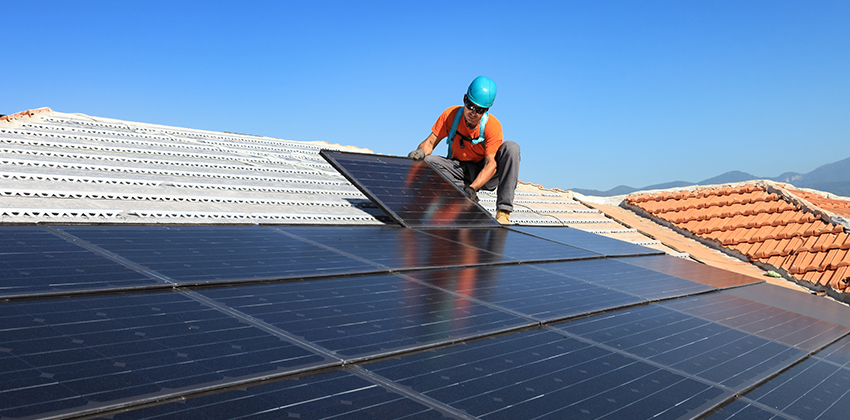Solar energy has become increasingly popular over the past few decades, with more and more people investing in solar panel systems to generate clean, renewable electricity. But what is the environmental impact of solar system installations?
Carbon Dioxide Emissions
The good news is that solar panel systems create no emissions of their own. This means that by investing in a solar system, you can reduce your carbon footprint and help to reduce the amount of carbon dioxide in the atmosphere.

Image Source: Google
Material Use
Solar panel systems also require the use of materials. However, the materials used in solar panel systems are mostly recyclable and have a small environmental impact. In addition, the energy used to manufacture the materials is often offset by the energy generated by the solar system.
Land Use
Solar panels require a certain amount of space in order to generate the maximum amount of energy. This means that some land may be used in order to install a solar system. However, this land is usually not taken away from other uses, but rather used in addition to existing uses.
Water Usage
Solar panel systems do not require any water to operate, so they have no impact on water resources. This is particularly beneficial in areas that are facing water shortages due to population growth and climate change.
Waste
The materials used to build a solar panel system are mostly recyclable, so there is very little waste produced by the installation. In addition, the solar panel systems themselves have a long lifespan, so they produce very little waste over their lifetime.
